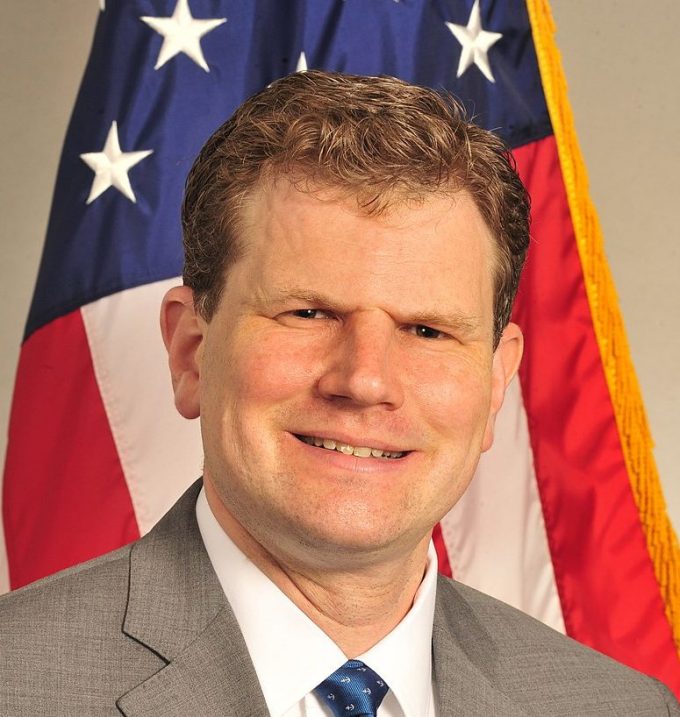New FMC regulation rules out carrier 'lame excuses' for rolling cargo
The days of “lame excuses” being offered by ocean carriers for refusing to carry contracted ...

The Federal Maritime Commission (FMC) may have more teeth than before the pandemic, but chairman Daniel Maffei is keener on baring them than chomping down. He tells The Loadstar that having the new power is like being a referee, rather than a judge.
“Since the ‘80s, the commission has set the rules of the game, and then the game was played; and if you thought it wasn’t played fair, you could lodge a complaint afterwards.
“Now, with the Ocean Shipping Reform Act, ...
European port congestion now at five-to-six days, and getting worse
Keep our news independent, by supporting The Loadstar
'Cargo collision' expected as transpacific capacity tightens and rates rise
Houthis declare blockade of port of Haifa – 'vessels calling will be targets'
Another CMA CGM vessel heading for Suez Canal – 'to mitigate schedule delay'
Ocean rates rise after tariff pause acts as 'starting gun' for more front-loading
News in Brief Podcast | Week 20 | 90-day countdown, India and Pakistan
Navigating supply chain trends in 2025: efficiency, visibility, and adaptability
Demand for transpac airfreight capacity returning – but 'it's not ecommerce-driven'
CMA CGM will carry on investing after 'solid' Q1, despite unclear outlook
Air cargo forwarders stick to spot rates – a long-term contract would be 'foolish'
Yang Ming chief announces rethink on ordering 'megamax' box ships

Comment on this article